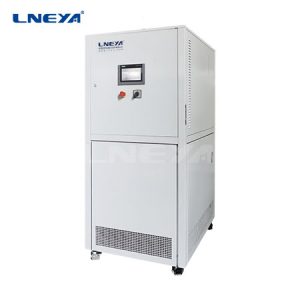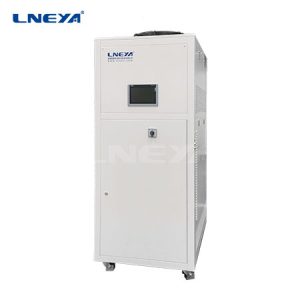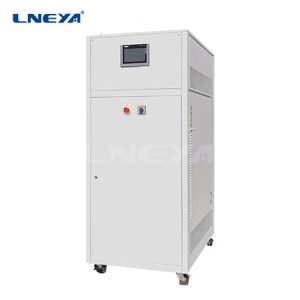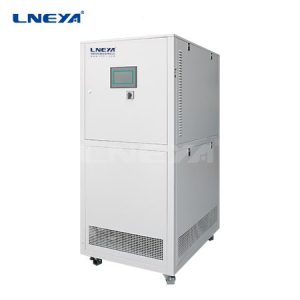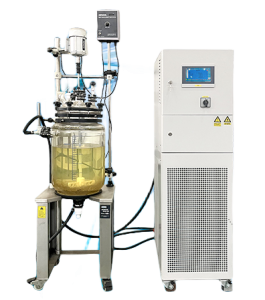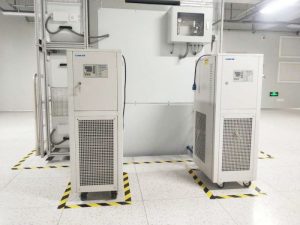Are injection molding machine chillers the same as reactor chillers?
Injection molding machines are usually equipped with industrial chillers during production. During the injection molding process, the plastic raw materials are heated and melted and then injected into the mold. In order to accelerate cooling and solidification, shorten the molding cycle, improve production efficiency and ensure product quality, a chiller is needed to efficiently cool the mold.
Industrial chillers can provide constant low-temperature cooling water to help the mold dissipate heat quickly, ensure that plastic products can be accurately molded, and maintain good dimensional stability and surface finish.
As for whether the chillers used in injection molding machines are the same as those used in chemical reactors, it depends on the specific application requirements. Although the basic working principles of the two are similar, both use circulating cooling water to remove heat, but they may differ in design, capacity, temperature control accuracy, and whether special materials (such as corrosion-resistant materials) are required:
Design Differences: Injection molding machine chillers are often optimized for mold cooling, and may be designed with fast response and temperature adjustment functions to meet the needs of rapid cooling of injection molding. Reactor chillers may pay more attention to the stability of temperature control to ensure that chemical reactions are carried out in a strictly controlled temperature environment.
Capacity and Cooling Capacity: Depending on the size and production rate of the injection molding machine, the required chiller cooling capacity will vary. The cooling requirements of the reactor depend on the reaction heat load and the specific requirements of the chemical process, and the two may require chillers of different specifications.
Temperature Control Accuracy: Chemical reactions may have extremely high requirements for temperature control, and in some cases very precise temperature control is required, so the reactor chiller may be equipped with a more sophisticated temperature control system.
Special Requirements: Chemical reaction processes may produce corrosive substances or need to maintain sterile conditions. At this time, the material of the reactor chiller and the sealing of the circulation system need special consideration, and stainless steel or other corrosion-resistant materials may be used.
In summary, although the basic functions are similar, the design details and performance requirements of the injection molding machine chiller and the reactor chiller may differ to meet the specific needs of their respective fields.
Industrial Cooling Chiller
Cooling capacity
0.4kW~6kW
Power range
3kW~9kW
Cooling capacity
0.75kW~12kW
Power range
1.6kW~8kW
Cooling capacity
0.3kW~2.1kW
Power range
5.5kW~14kW
Cooling capacity
0.2kW~6kW
Power range
3.5kW~11.5kW
Power range
1.5kW~17kW
Cooling capacity
0.8kW~30kW
 Industrial Chiller Heater Equipment Supplier-LNEYA
Industrial Chiller Heater Equipment Supplier-LNEYA


